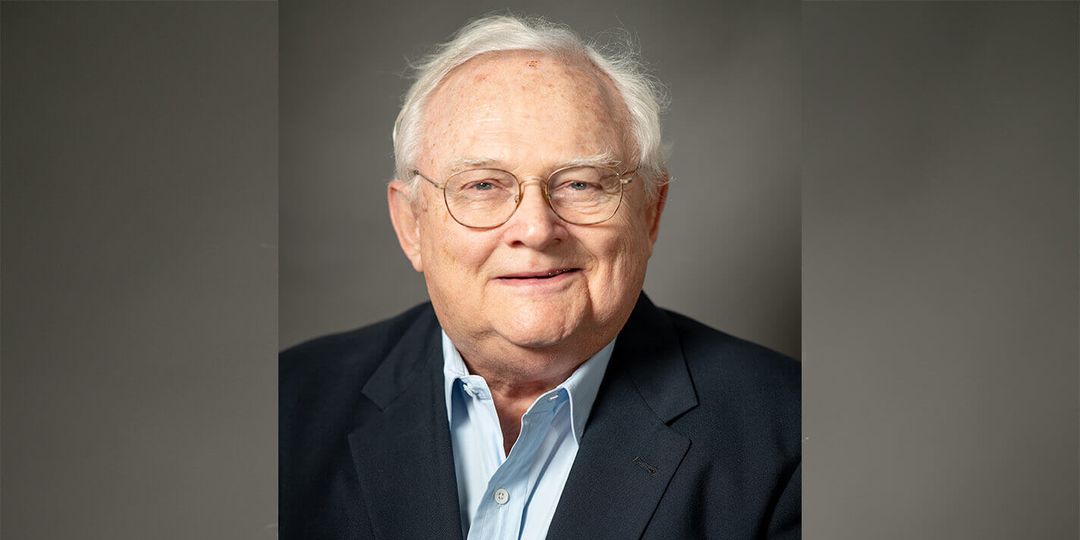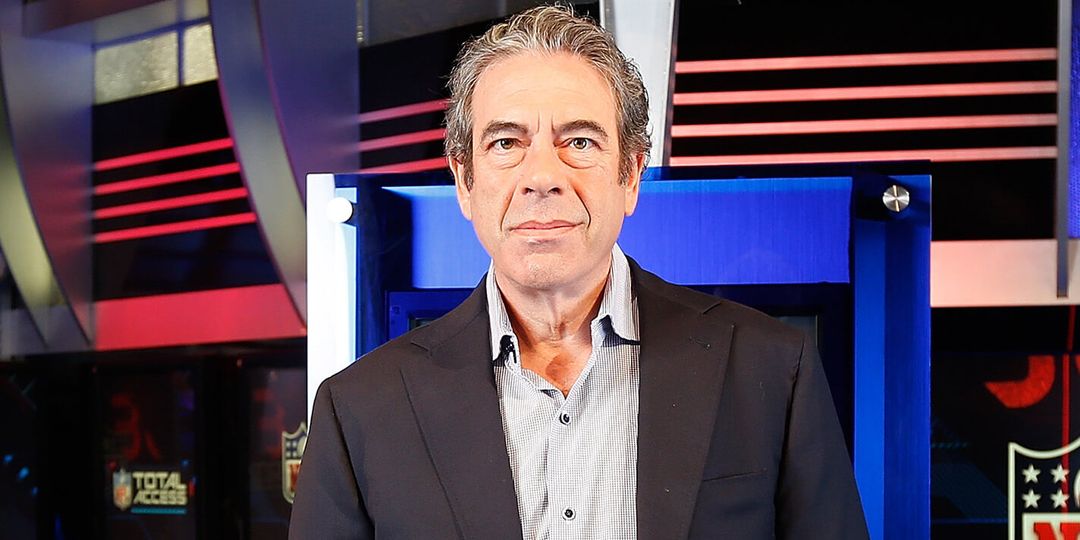Ann McKee has studied hundreds of individuals diagnosed with the degenerative brain disease chronic traumatic encephalopathy (CTE) and is the leading researcher on the disease. CTE is triggered by repetitive blows to the head and is most commonly found in athletes participating in boxing, football, ice hockey, other contact sports, and military service. CTE causes symptoms such as cognitive impairment, depression, memory loss, aggression, and suicidal behavior. McKee was lead author on a 2017 study that found that CTE had been diagnosed in 110 of 111 former NFL players whose brains were donated for research.
She has presented her findings to National Football League officials and testified many times before the United States Congress. Her research was highlighted on the Frontline special “League of Denial: The NFL’s Concussion Crisis” and 60 Minutes, as well as in the New York Times, TIME, Sports Illustrated, and the Boston Globe and by CNN, NPR, and other outlets.
McKee is a professor of neurology and pathology at Boston University School of Medicine and directs its CTE Center. She’s also the director of the brain banks at the U.S. Department of Veterans Affairs Boston Healthcare System, the Boston University Alzheimer’s Disease Center, and the Framingham Heart Study.
Her game-changing findings continue to make headlines. Her data show that it’s actually numerous small blows to the head, rather than outright concussions, that have the strongest link to CTE — and that has the potential to drastically change the game of football as we know it today.
In 2018, she received a lifetime achievement award for Alzheimer’s disease research from the Alzheimer’s Association and was named by TIME magazine as one of the “100 Most Influential People in the World.”









